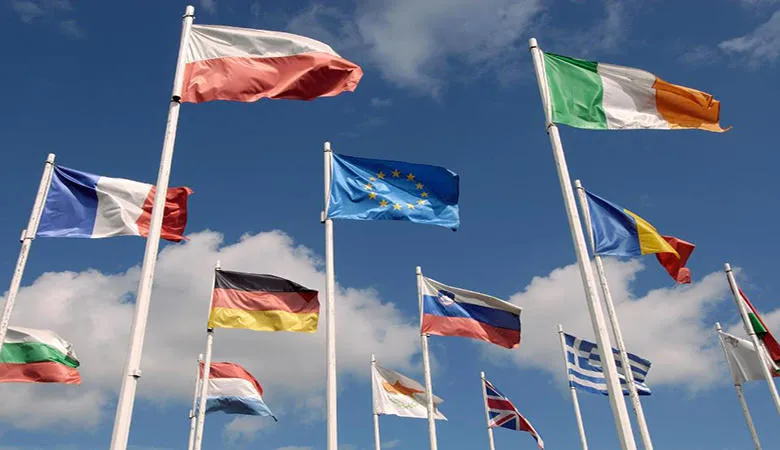15 October 2018
The Limits of EUrope Conference
Russell Foster of King's College London and Jan Grzymski of Lazarski University secured a special edition of the journal Global Discourse entitled 'The Limits of EUrope'.

15 October 2018
Russell Foster of King's College London and Jan Grzymski of Lazarski University secured a special edition of the journal Global Discourse entitled 'The Limits of EUrope'.
